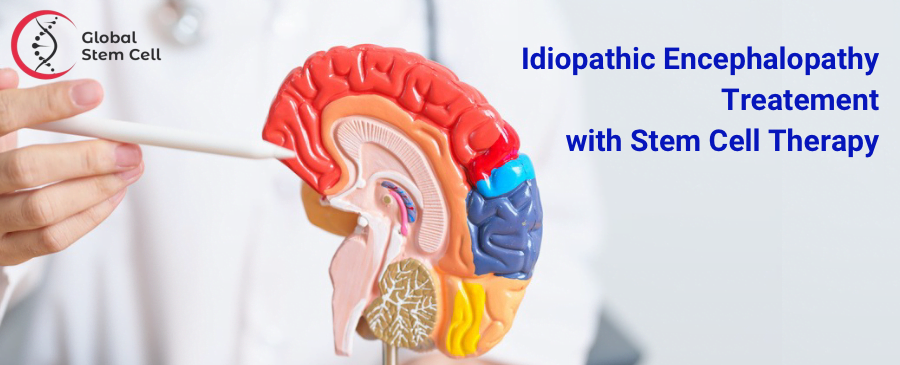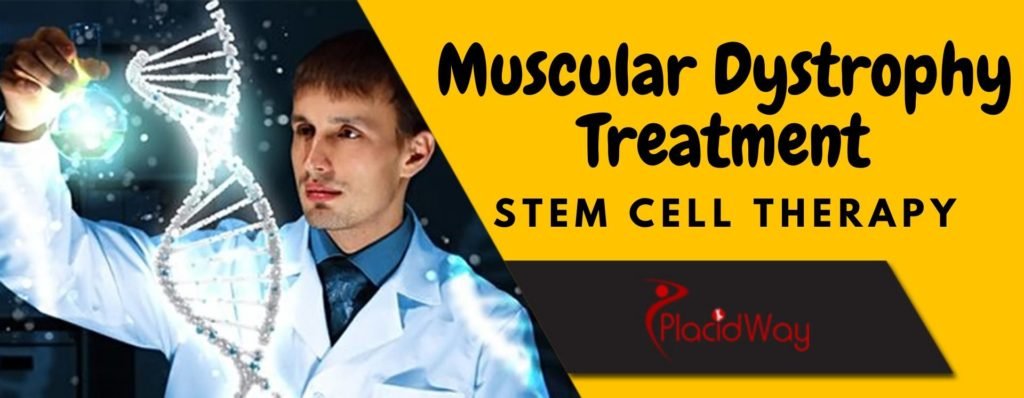Regenerative Medicine for Neuropathy
Table of Content
Neuropathy is a common neurological disorder that affects millions of people worldwide. It is characterized by damage to the nerves in the peripheral nervous system, which can cause numbness, tingling, weakness, and pain in the arms, legs, hands, and feet. Despite the availability of various treatments, the effectiveness of these therapies is often limited, and many patients continue to suffer from chronic symptoms. This is where regenerative medicine comes in as a promising solution.
Symptoms of Neuropathy
Neuropathy is a condition characterized by damage to the nerves in the peripheral nervous system. The symptoms of neuropathy can vary depending on the type and severity of the nerve damage, but some common symptoms include:
- Numbness or tingling: This is a common symptom of neuropathy, which can result in a feeling of pins and needles or a loss of sensation in the affected area.
- Pain: Neuropathy can cause burning, shooting, or stabbing pain in the affected area.
- Weakness: The damage to the nerves can cause muscle weakness, making it difficult to move or control the affected limb.
- Muscle Wasting: Prolonged nerve damage can result in muscle wasting and atrophy, leading to a loss of strength and mobility.
- Balance Problems: Neuropathy can affect the nerves that control balance, making it difficult to maintain stability and increasing the risk of falls.
- Coordination Problems: The damage to the nerves can affect the ability to coordinate movements, causing difficulty with fine motor skills such as writing or typing.
- Autonomic Symptoms: Neuropathy can also affect the autonomic nervous system, which controls functions such as heart rate, blood pressure, and digestion. This can result in symptoms such as constipation, dizziness, or sweating.
Causes of Neuropathy
Neuropathy is a condition that results from damage to the nerves in the peripheral nervous system. The causes of neuropathy can be diverse and may include:
- Diabetes: Diabetes is one of the most common causes of neuropathy. High blood sugar levels can cause damage to the nerves over time.
- Vitamin Deficiencies: A lack of certain vitamins, such as vitamin B1, B6, and B12, can cause neuropathy.
- Alcoholism: Excessive alcohol consumption can lead to neuropathy by causing damage to the nerves.
- Trauma: Traumatic injuries, such as a broken bone, can cause nerve damage and result in neuropathy.
- Infections: Certain infections, such as Lyme disease or HIV, can cause neuropathy.
- Toxins: Exposure to certain toxins, such as lead or mercury, can cause neuropathy.
- Hereditary Conditions: Certain genetic conditions, such as Charcot-Marie-Tooth disease, can cause neuropathy.
- Cancer Treatments: Certain cancer treatments such as chemotherapy, can cause damage to the nerves and result in neuropathy.
- Autoimmune Diseases: Certain autoimmune diseases, such as rheumatoid arthritis or lupus, can cause neuropathy by attacking the nerves.
What is Regenerative Medicine?
Regenerative medicine is an interdisciplinary field that aims to repair or replace damaged or diseased tissues and organs. This is achieved through the use of stem cells, growth factors, and other biological materials to stimulate the body’s own healing processes. In the case of neuropathy, regenerative medicine can help to repair damaged nerve fibers and improve function.
How Does Regenerative Medicine Work for Neuropathy?
One of the most promising regenerative medicine approaches for neuropathy is the use of stem cells. Stem cells are unique cells that have the ability to differentiate into other cell types and form new tissue. They can be harvested from the patient’s own body or obtained from donors and then transplanted into the affected area. Once transplanted, the stem cells can differentiate into cells that make up the peripheral nervous system, such as neurons and Schwann cells.
Another approach is the use of growth factors, which are naturally occurring substances that stimulate cell growth and division. In the case of neuropathy, growth factors can be used to promote the regeneration of damaged nerve fibers. For example, nerve growth factor (NGF) is a protein that is critical for the survival and growth of sensory and sympathetic neurons. By delivering NGF directly to the affected area, it may be possible to stimulate nerve regeneration and improve function.
Benefits of Regenerative Medicine for Neuropathy
The potential benefits of regenerative medicine for neuropathy are numerous. By repairing damaged nerve fibers and promoting nerve regeneration, it may be possible to relieve chronic symptoms such as numbness, tingling, weakness, and pain. This, in turn, can improve quality of life and increase mobility and independence. Additionally, because regenerative medicine utilizes the patient’s own cells, the risk of rejection or adverse reactions is minimized.
What Are the Challenges and Limitations of Regenerative Medicine for Neuropathy?
While regenerative medicine holds great promise for neuropathy, there are also challenges and limitations to its use. One major challenge is the need for more research to fully understand the mechanisms by which regenerative medicine can promote nerve regeneration. Additionally, there is still much to learn about the best methods for delivering regenerative therapies to the affected area.
Another limitation is the cost of regenerative medicine. Many of the procedures and treatments are still experimental and are not covered by insurance, making them inaccessible to many patients.
Regenerative medicine offers a promising solution for neuropathy, with the potential to repair damaged nerve fibers and relieve chronic symptoms. However, more research is needed to fully understand the mechanisms by which regenerative medicine works and to develop effective and accessible treatments for patients. Despite the challenges and limitations, the future of regenerative medicine for neuropathy is bright, and with continued investment and research, it is likely that this field will continue to make significant advances in the years to come.
For more details about stem cell treatment for Neuropathy and stem cell clinics, Contact us today:







